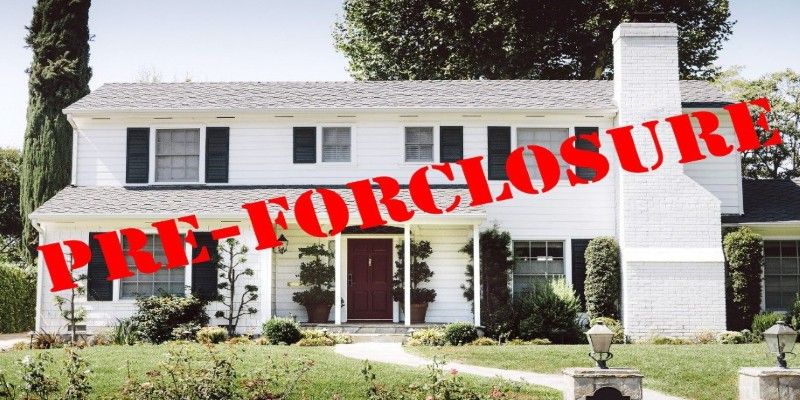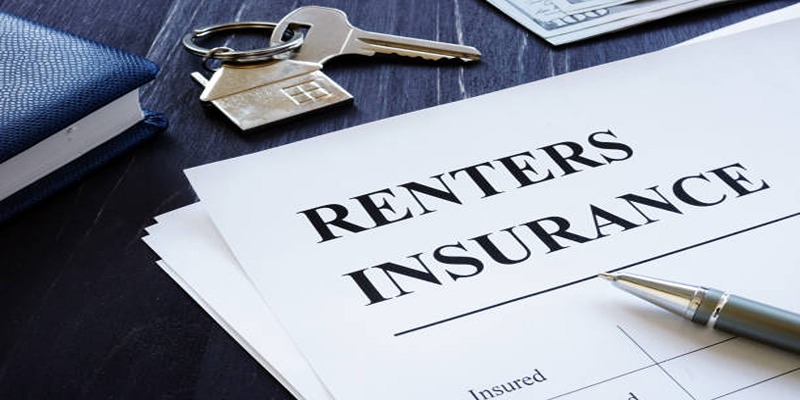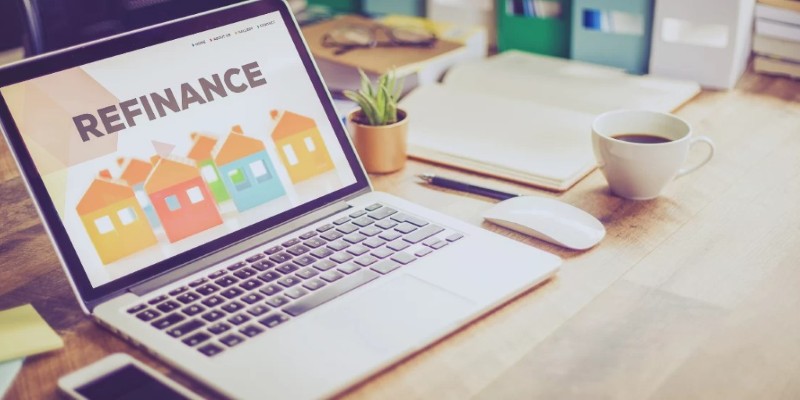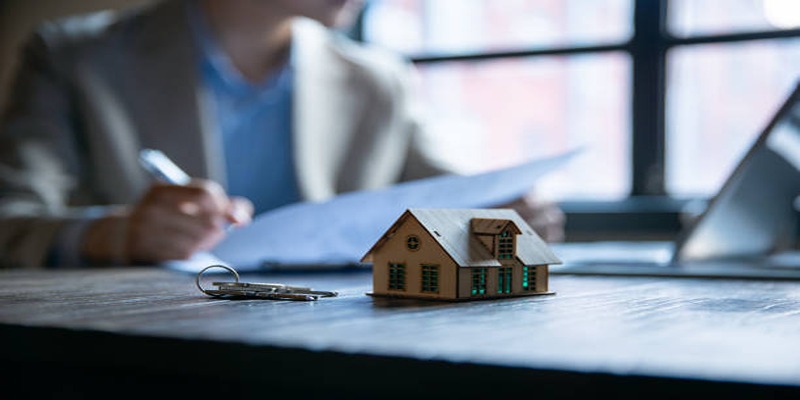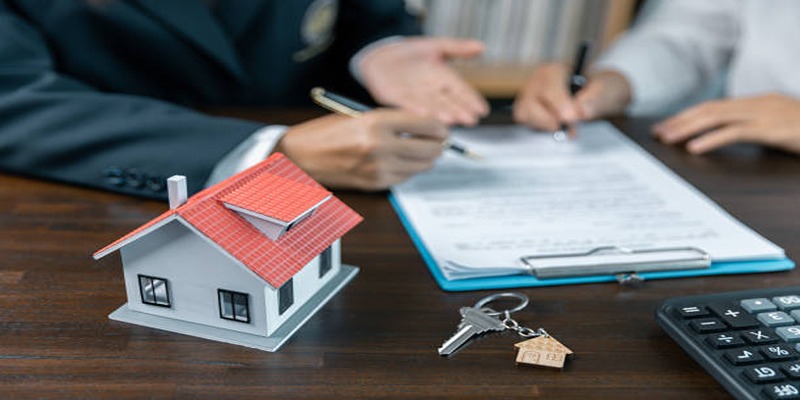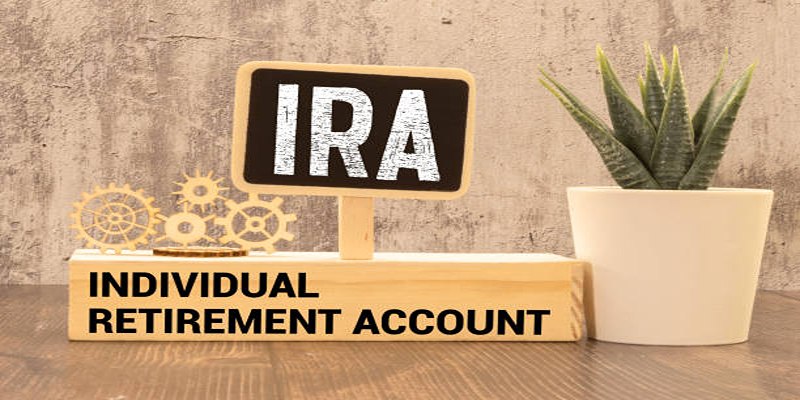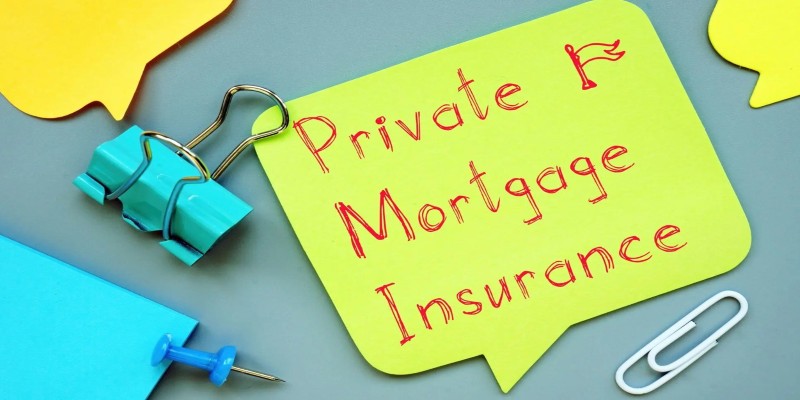Selling a house can be stressful on its own, and when your roof is topped with solar panels, the process can feel more complicated. But it doesn’t have to be. Whether you installed solar panels to cut down on energy costs, reduce your environmental impact, or add value to your property, they can be a strong selling point—if handled the right way.
This guide breaks down what homeowners need to know when selling a house with solar panels without all the fluff and confusion. It provides a straightforward approach to help you move forward with clarity and confidence.
Understanding Ownership and Agreements
The first thing you need to figure out is whether you own the solar panels outright or if they're leased. This distinction makes a big difference in how you’ll sell the property. If you purchased the panels, either in full or through a loan that you’ve already paid off, it’s usually simpler. You can transfer ownership of the panels as part of the home sale with minimal complications.
However, if the panels are leased or financed with an active loan, there are more steps. In a lease scenario, the new buyer must agree to take over the lease, which might require a credit check and approval by the solar company. In the case of a loan, the options may vary. Some lenders allow you to transfer the loan, while others require you to pay it off before the sale. Being clear about these details from the start can prevent delays later in the process. Gather all your solar panel documentation—including contracts, warranties, and maintenance records—early on. It not only helps with transparency but also builds trust with potential buyers.
How Do Solar Panels Affect Home Value and Marketability?
One of the most common questions sellers have is whether solar panels actually increase their home's value. The short answer is that they can, but it depends. Owned solar panels tend to add value more consistently than leased systems. When buyers know they'll get reduced energy bills without taking on additional costs or contracts, that's a tangible benefit. Some studies have shown that homes with owned solar systems sell faster and at slightly higher prices than those without solar systems.
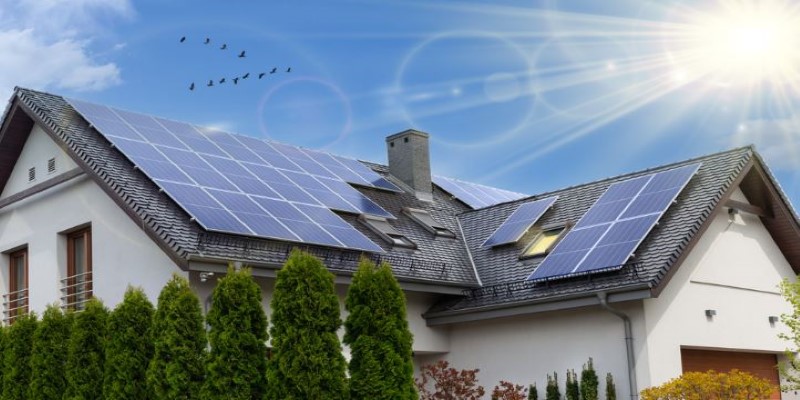
However, leased panels can be a mixed bag. Some buyers might appreciate the green energy savings but hesitate at the thought of taking on a lease agreement. In areas where solar adoption is high, and utility rates are steep, even leased panels may still attract interest. That said, not all real estate markets are created equal. If you live in a state or city where solar is common and well-understood, your panels are more likely to be seen as a perk. In less solar-savvy markets, you may need to do a little more work educating potential buyers.
Another factor to consider is the age and condition of your panels. Systems nearing the end of their warranty may be viewed as a liability rather than an asset. Be prepared to explain how long your system has been in place, how much it's saving you monthly, and whether it's been serviced regularly. A buyer who feels confident in your system's reliability is more likely to make an offer without hesitation.
Marketing Your Home the Right Way
When it's time to list your home, how you present the solar panels can significantly influence buyer interest. It's not just about mentioning the panels in your listing—it's about showing buyers the value they'll get. Share your recent electric bills so buyers can see the savings. Explain how much power the system generates annually. Include warranty information and any details about maintenance. If you have a monitoring app, screenshots can give buyers a visual sense of performance.
Work with a real estate agent who understands solar features and knows how to effectively market them. Not every agent has experience with solar homes, so find one who does. They'll know how to communicate the benefits without overselling or confusing potential buyers. They should also be familiar with local solar incentives and policies, which can be important for buyers doing their due diligence.
Photography is key, too. A clean, well-maintained solar system can look sharp in marketing photos. Don't let it be an afterthought. Highlight it just like you would a newly remodeled kitchen or landscaped yard. If you're hosting open houses, be ready to answer questions about the system. The more informed you are, the more credible you'll appear.
Legal Disclosures and the Closing Process
Solar panels change the paperwork side of selling a home. You’ll likely need to make specific disclosures, especially if the system is leased or financed. These might include monthly payments, the remaining lease or loan term, and any required transfer steps. If buyers feel there are hidden catches, it can sour a deal.
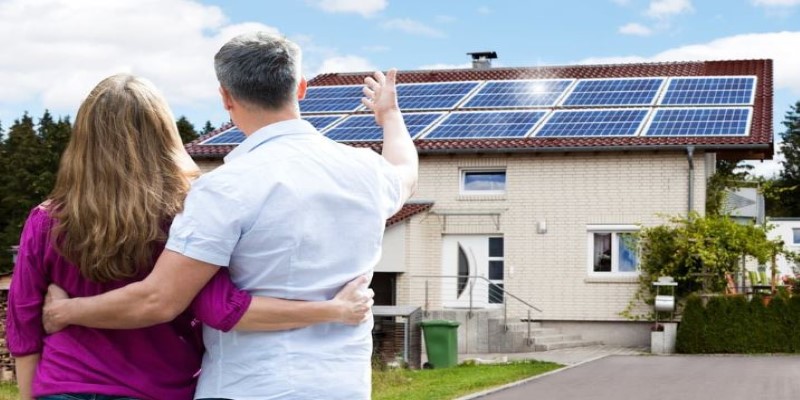
To stay ahead, be transparent from the start. Share contracts, system specs, warranty documents, and any third-party agreements. Check with a real estate attorney or escrow company to ensure everything's in order. The earlier you handle it, the fewer surprises at closing.
Timing matters. If the system transfer needs third-party approval or buyer credit checks, start early. Some solar companies take weeks to complete their part. Delays can push back your closing or cause buyers to walk. If your system falls under a special property tax program or government incentive, please disclose that as well. Transparency isn't just helpful—it's legally required.
Don’t overlook appraisals. Appraisers may or may not count solar in your home’s value, depending on the system type and their experience. If yours isn’t familiar with solar, offer supporting info—production data, install costs, and energy savings over time.
Conclusion
Selling a house with solar panels means more than transferring ownership—it’s about helping buyers understand the system, who owns it, and how it works. With the right prep and clear communication, it can add real value and appeal. Organize your documents, know your setup, and work with experienced pros. You don’t need buyers to be solar experts—just confident that you are. That confidence can make all the difference in closing the deal.


